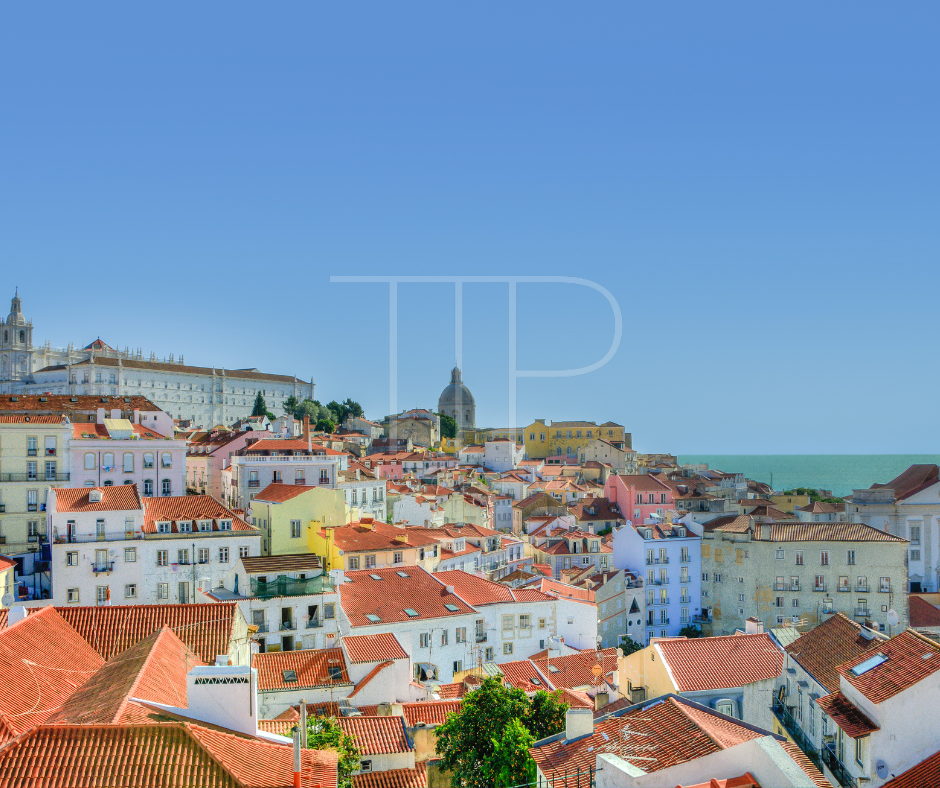
LISBON (Reuters) – Portugal’s parliament on Wednesday extended tax breaks for foreign residents until the end of next year despite criticism that the scheme has stoked housing prices to levels unaffordable to many Portuguese.
Under the extension, applicants must show they have prepared their move to Portugal during 2023, namely through an employment or a housing contract signed by the end of December.
Launched in 2009, the scheme allows people who become residents by spending more than 183 days a year in the country to benefit during a 10-year period from a special 20% tax rate on Portuguese-sourced income derived from “high value-added activities”, such as doctors and university teachers.
Other benefits of the scheme – known as Non-Habitual Resident – include tax exemptions on almost all foreign income if taxed in the country of origin and a 10% flat tax rate on pensions from a foreign source.
It was introduced to attract investors and professionals as Portugal suffered from the financial crisis.
Portuguese citizens who lived abroad for five years or more can also apply.
Prime Minister Antonio Costa promised in October to close the scheme by the end of the year, calling it a “fiscal injustice that is no longer justified”. It was one of the measures included in the draft 2024 budget.
But after Costa’s resignation earlier this month, his ruling Socialist Party backtracked, suggesting it should stay open until the end of next year. The decision was approved on Wednesday in the final vote on the budget bill.
The Socialists said in a statement it was important to “safeguard the legitimate expectations of people who have already made the decision to immigrate or return to Portugal”.
Official data showed that over 74,000 people had benefited from the scheme by the end of 2022. Last year the tax exemptions cost the state budget more than 1.5 billion euros ($1.65 billion), an annual increase of 18.5%.
